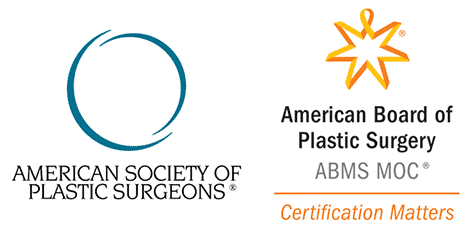Rogaine vs. Propecia to Treat Baldness
 Modern Body Contouring & Laser Center offers a range of surgical as well as non-invasive treatments to address different conditions of hair thinning, shortening of hair, and male and female pattern baldness. Each patient’s condition is unique, and may require a customized treatment to meet their specific aesthetic needs.
Modern Body Contouring & Laser Center offers a range of surgical as well as non-invasive treatments to address different conditions of hair thinning, shortening of hair, and male and female pattern baldness. Each patient’s condition is unique, and may require a customized treatment to meet their specific aesthetic needs.
Propecia and Rogaine are two major, clinically proven topical treatments to treat hair loss in men in varying degrees. MBody receives patients from Northern Virginia, Washington DC, Vienna, McLean, Loudoun, Ashburn, Tysons Corner, Reston, Arlington, Chevy Chase, Richmond and surrounding communities.
Propecia
Propecia treatment is based on a medication called Finasteride. This treatment has been approved by the FDA to treat male pattern baldness. It is the first drug in history to address the condition of male pattern baldness effectively in a majority of men. The treatment is designed to inhibit 5-alpha-reductase, an enzyme that converts testosterone into a more androgen called DHT.
When taken regularly, a one mg dose of Propecia can effectively reduce DHT levels in the scalp of men. DHT is known to cause miniaturization or shrinkage in the hair follicle. Therefore, when DHT levels are reduced with Propecia, it can stop the progression of hair loss in men. Propecia is considered to be a medically proven solution to arrest the process of hair loss by about 60 percent reduction in DHT levels.
Finasteride is recommended by the American Hair Loss Association as a first line of combat against male pattern baldness. Modern Body Contouring & Laser Center provides this proven and effective non-invasive treatment for hair loss to men in Northern Virginia, Washington DC, Vienna, McLean, Loudoun, Ashburn, Tysons Corner, Reston, Arlington, Chevy Chase, Richmond, and nearby locations.
Rogaine
Rogaine or Minoxidil was the earliest drug that received the FDA’s approval for treatment of male pattern baldness. Researchers discovered that a regular intake of this drug in pill form resulted in growth of hair in various parts of the body as an unintended side effect. This is when trials were conducted to determine how far minoxidil could topically lead to increase growth of hair on balding areas in the scalp of men.
Minoxidil or Rogaine has been clinically proven to slow the pace of progression of hair loss, and even trigger partial hair regrowth. However, some experts view it as a relatively less effective treatment option in the battle against male pattern baldness. The challenge is that Minoxidil does not impact the hormonal process of hair loss, which can yield temporary or disappointing results in some cases.
However, Rogaine is still recommended by the American Hair Loss Association as the drug of choice for patients who may not respond favorably to Propecia treatment. In some cases, the hair treatment expert may suggest adding Rogaine as an additional treatment to an existing regimen.
The American Hair Loss Association has not recommended Rogaine as the first line of combat for men who experience male pattern baldness. However, its usage is recommended on a case to case basis as an effective treatment for certain types of patients.
For more information on the surgical and non-surgical procedures and treatments by Board Certified Cosmetic Plastic Surgeons Dr. Reps Sundin and Dr. Burton Sundin please visit
Serving Northern Virginia, Washington DC, Vienna, McLean, Loudoun, Ashburn, Tysons Corner, Reston, Arlington, Chevy Chase, Richmond and surrounding communities.


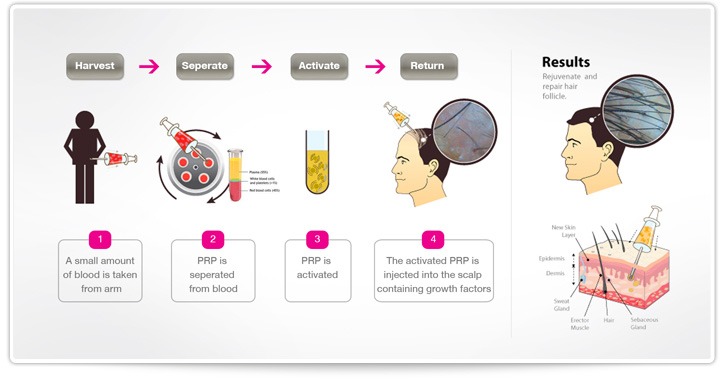
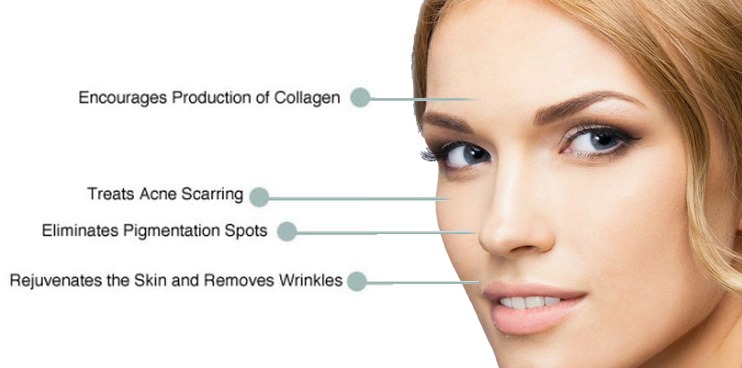
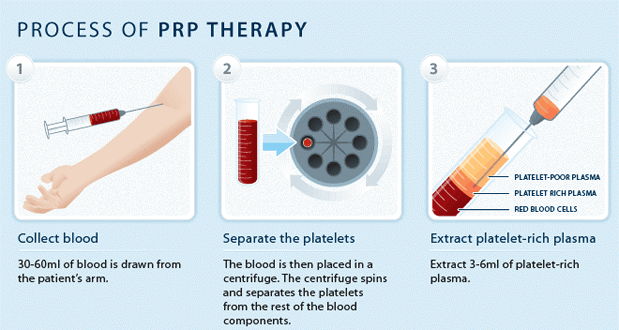




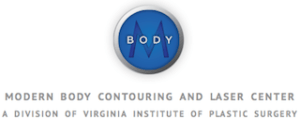 MBody
MBody



